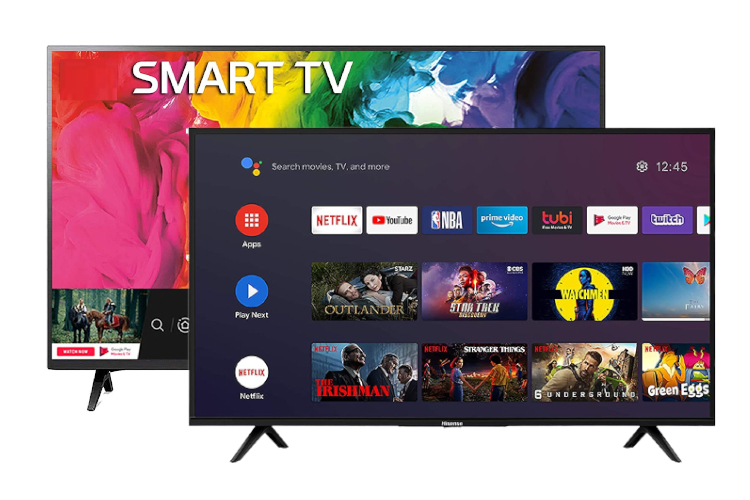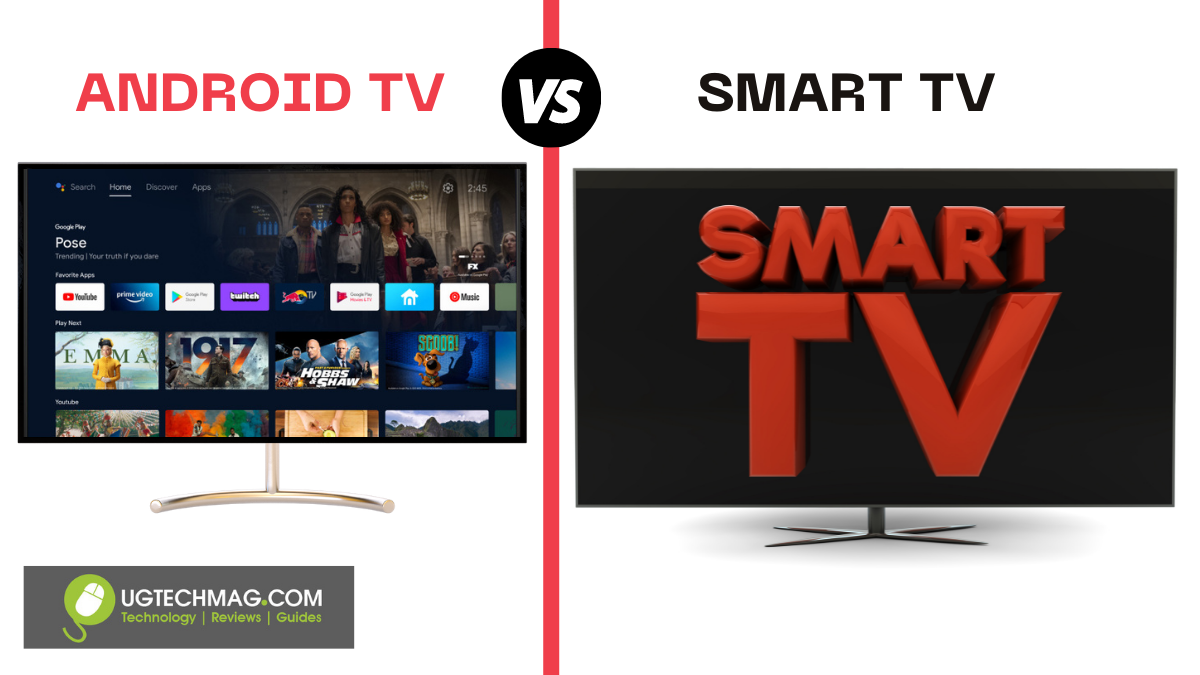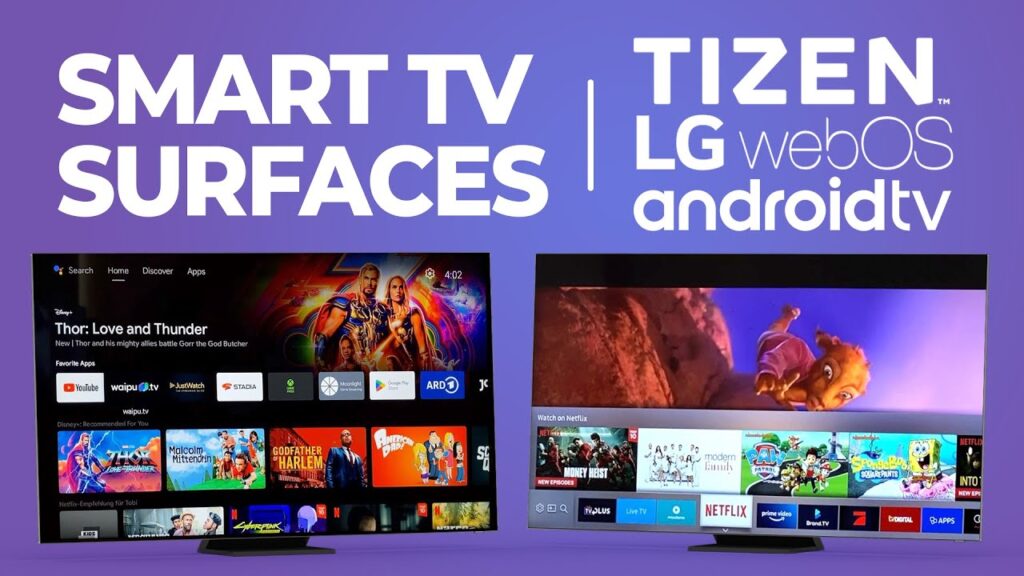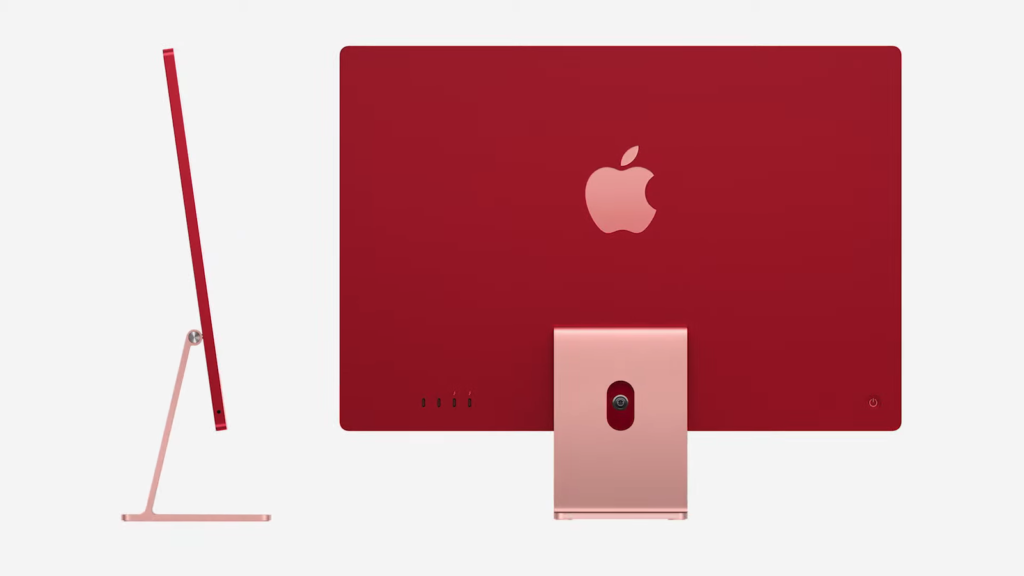
The ongoing debate regarding Android TV versus Smart TV persists over the years. Some favor the streamlined interface of smart TV, while others advocate for the versatility of Android TV, particularly for expansive online content consumption. So, which platform reigns supreme in 2023: Android TV or Smart TV? This article conducts a comprehensive comparison, delving into their similarities and disparities without delay.
Android TV vs Smart TV: Core Distinctions
Let’s delve into the core similarities and distinctions between Android TV and Smart TV in 2023. Essentially, a smart TV is capable of delivering internet-based content. Thus, any television providing online content, irrespective of its operating system, qualifies as a smart TV.
Android TV falls within the realm of smart TVs, differing primarily in its utilization of Android TV OS. For an in-depth understanding of Android TV, refer to our linked explainer. Various smart TVs exist, such as those by Samsung with Tizen OS, LG featuring WebOS, Apple TV with tvOS, and others. These encompass the spectrum of smart TVs.
Regarding Android TV, it has made a significant mark in the market due to its immense popularity, nearly becoming synonymous with smart TVs. Essentially, Android TV operates on the Android TV platform. While Samsung and LG have their own OS, they still ship many TVs with Android OS. Conversely, Sony has fully embraced the Android TV platform, exclusively using it since 2015.
Android TV and Smart TV are essentially the same since both provide content via the Internet. The differentiating factor lies in the underlying OS.
Comparing Android TV and Smart TV
Previously, we explored the core disparity between an Android TV and a smart TV. Now, let’s delve into the OS-level distinctions and which option resonates more with consumers.
Firstly, concerning the App Library, Android TV boasts an extensive app repository thanks to Play Store compatibility. It offers a diverse range of apps commonly found on smartphones. From YouTube and Netflix to Hulu and Prime Video, Android TV hosts a plethora of options. Moreover, all these apps are tailored for the TV interface, featuring user-friendly controls optimized for larger screens.
Smart TVs running Tizen OS or WebOS offer limited app support. Aside from popular entertainment apps such as YouTube, Prime Video, and Netflix, the app selection is sparse. Updates are infrequent on these platforms compared to Android TVs. Conversely, Android TV development is robust, with developers consistently releasing updates for a wide range of apps.
Android TV and smart TV differ significantly in screencasting. Android TV integrates Chromecast seamlessly, offering full-screen mode, sound output, and exceptional quality. In contrast, smart TVs require pairing for screen mirroring, resulting in high latency and reduced quality.
Another distinction lies in voice assistant support. Google Assistant on Android TV is highly efficient, reducing the need for manual input. Conversely, smart TVs typically lack voice assistants and rely on full-size keypads for navigation.
One advantage of smart TVs over Android TVs is their relative ease of navigation and use. To fully utilize the Android TV platform, one must be familiar with the Android ecosystem. Additionally, smart TVs generally outperform Android TVs in speed.
Regarding firmware updates, smart TVs may become obsolete after a few years due to limited major updates. While Android TVs have a less impressive track record, they do receive longer app support, ensuring access to modern apps.

One crucial point to note is that if your smart TV becomes obsolete in the future, you can plug an Android TV set-top box or dongle to bring the latest Android TV platform. The same applies to an Android TV.
Frequently Asked Questions
Can We Download Apps on Smart TV?
Yes, you can download apps on smart TVs. Whether it’s Samsung’s Tizen OS, LG’s WebOS, or Google’s Android TV OS, apps are available on all platforms. However, the app library is limited in Tizen and WebOS.
What Device Turns Your TV into a Smart TV?
Several Android TV boxes, including Mi Box, Nvidia Shield TV, and dongles like Chromecast with Google TV and Fire TV Stick, can transform any TV into a smart TV.
What Device Turns Your TV into a Smart TV?
Android TV boxes such as Mi Box, Nvidia Shield TV, and dongles like Chromecast with Google TV and Fire TV Stick can convert any TV into a smart TV.
Will a Smart TV Work Without an Internet Connection?
Yes, a smart TV can function without an internet connection, but only for local media playback via USB drive. Streaming apps like Netflix, YouTube, Prime Video, and others do not support offline viewing on smart TVs or Android TVs.
Which Brand is Best for Smart TV?
Sony, LG, and Samsung are among the top smart TV brands.
How Smart TV is Better Than an Android TV?
Smart TVs generally offer faster performance compared to Android TVs, along with a simple and user-friendly interface. Boot time is also significantly faster than Android TVs.

Pritam Chopra is a seasoned IT professional and a passionate blogger hailing from the dynamic realm of technology. With an insatiable curiosity for all things tech-related, Pritam has dedicated himself to exploring and unraveling the intricacies of the digital world.



